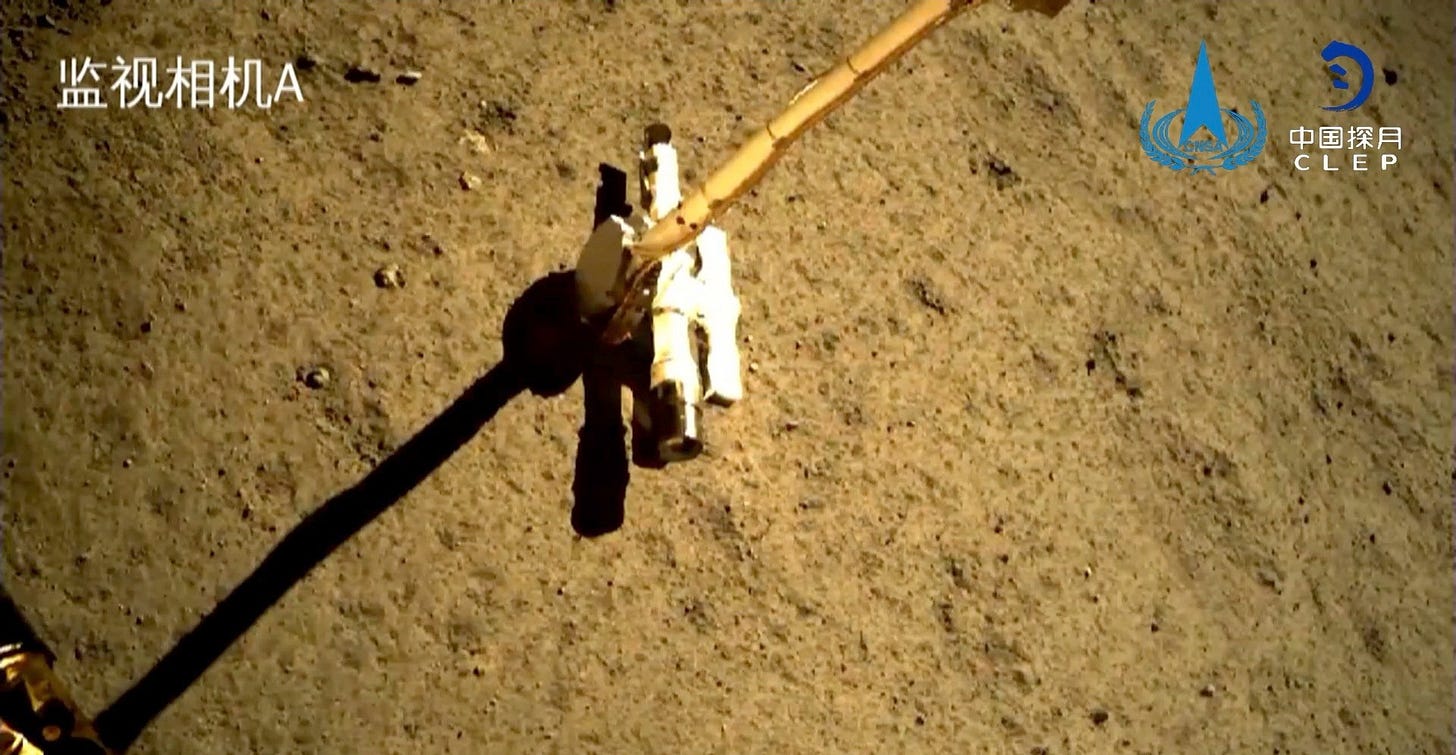Hong Kong Official Pushes for Dedicated Space Office
Streamlined governance could unlock economic benefits for the city and mainland space enterprises.

Hong Kong could have its first spacefarer as soon as next year, but officials and academics in the Special Administrative Region1 are pushing for a greater pursuit of space beyond collaboration with the mainland.
One such official is Regina Ip Lau Suk-yee (葉劉淑儀/叶刘淑仪), Convenor of the Executive Council, who recently told China Daily’s Hong Kong branch about the many space companies from the Chinese mainland coming to the city to utilize its financial market and other professional services. But upon trying to work in the town, space enterprises were said to have gotten lost going between government offices and regulatory bodies. Acknowledging the problems, Ip’s solution was:
“[An] all-inclusive, one-stop office to cope with the ever increasing demand for cross-boundary coordination and cooperation,” — “That’s why I’ve recommended that the government ought to establish a space office and be a coordinator, working with space institutions and companies from different jurisdictions.”
The space office, in Ip’s view, would be a ‘super connector’ between the mainland and the city to serve the space sector under one roof, allowing it to serve global markets more efficiently, with part of the economic benefit flowing back to Hong Kong. Ip also recognised that some level of regional coordination across the Greater Bay Area2, China, and Asia will be needed to best serve the city and China’s space enterprises.
It has been suggested that a space law center could be set up alongside the space office as well.
Ip’s recent proposal has been advocated for in regional media by the University of Hong Kong’s (香港大學/香港大学) Professor Quentin Parker over the past few years. Through various opinion pieces, Parker has regularly called for a coordinated government structure to support Hong Kong's participation in commercial space and put forward policy recommendations for what could be a space office in the Special Administrative Region. Those pieces have highlighted Hong Kong's potential to capitalize on its financial service expertise to reap economic benefits from the expanding space economy.
Parker's arguments in regional outlets have asserted that Hong Kong could boost its gross domestic product by up to five percent through space-related activities, drawing comparisons to Luxembourg's space policy while highlighting Hong Kong's advantages through its proximity to the Greater Bay Area’s high-tech manufacturing capabilities and existing cooperation with China's space program. Some of Parker’s writings have also focused on space sustainability challenges, particularly orbital debris threats, asserting that Hong Kong could become a potential hub for international cooperation on debris mitigation efforts, having recently hosted on conference on the topic.
Currently, a Hong Kong space office is still in the initial discussion stage.
Hong Kong is one of China’s two Special Administrative Regions, the other being Macao, governed under the idea of One Country, Two Systems, originally intended to facilitate reunification with Taiwan Province. Under One Country, Two Systems, regions continue to have their own governmental system, legal, economic, financial affairs, and trade relations with other countries.
The Guangdong–Hong Kong–Macao Greater Bay Area, sometimes referred to as the Pearl River Delta, is an integrated economic area with a population of 86 million people and an economy of about two trillion United States Dollars, made up of nine cities and two Special Administrative Regions (Hong Kong and Macao).


